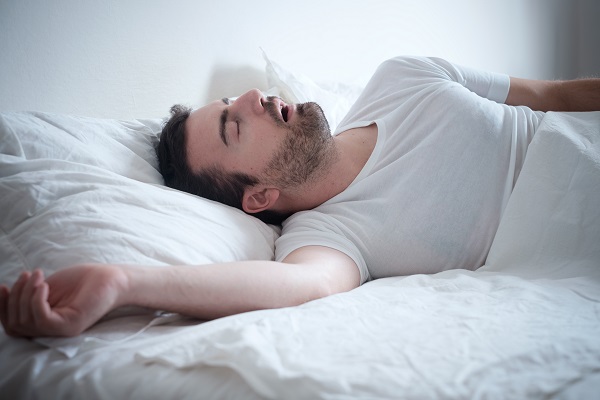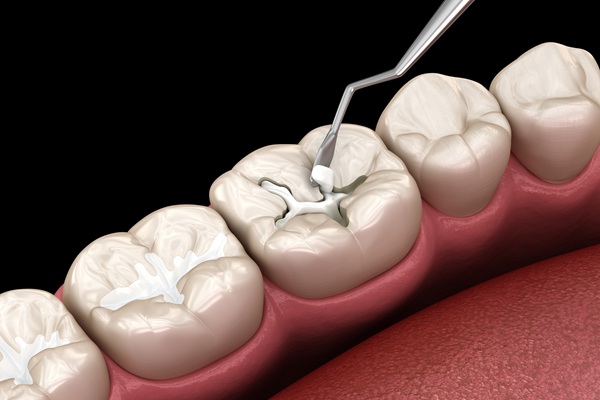Oral Appliances for Sleep Apnea

Suffering from sleep apnea? Dental sleep medicine treatment is an option that many people who have been diagnosed with this sleeping disorder are choosing to undergo, as this option uses oral appliances to treat those in need. Ready to find out if an oral appliance is the right solution for you?
About sleep apnea
Understanding that sleep apnea is a potentially life-threatening sleeping condition is the first thing one needs to recognize when they think that they have sleep apnea. According to Cleveland Clinic, sleep apnea is a serious sleep disorder that occurs when a person’s breathing is interrupted during sleep. Some people will stop breathing many times during the night, which not only affects their sleep, it can also lead to any number of overall health issues, e.g., headaches, fatigue, etc.
How dental professionals treat this common sleeping disorder
It is important for those diagnosed with sleep apnea to understand that oral appliances are used to treat mild to moderate cases of this sleeping disorder. The list below includes three common types of oral appliances that dental professionals use to treat sleep apnea.
Mandibular advancement devices
This oral appliance is often used for patients who have been diagnosed with sleep apnea because their tongue gets in the way of their ability to properly breathe during the night. The device works by positioning the lower jaw and tongue in a forward position, as this allows for easier breathing because there is more space available due to the tongue being pulled forward, preventing the airway from being blocked.
Mandibular advancement splints
This oral appliance is custom-made for every patient and pulls the lower jaw slightly forward. This helps prevent the upper airway from being blocked when sleeping and is one of the more popular oral appliances to treat sleep apnea patients. This particular oral appliance solution can be as beneficial as a CPAP machine.
Tongue retaining devices
This oral appliance focuses specifically on repositioning that tongue so it is not able to block one’s airway while sleeping. Tongue retaining devices use suction to pull the tongue forward. While it takes a little practice for patients to get used to wearing this oral appliance when sleeping, those who choose this option often experience optimal results.
Think you have this sleeping disorder?
Those who think they are living with sleep apnea should contact a dental professional in order to get a proper diagnosis. The fact that there are solutions in place for those who are suffering from any degree of sleep apnea makes it a good idea for those diagnosed to learn whether they will benefit from using one or more of the oral appliances above. For those who have questions, please do not hesitate to contact us at your earliest convenience.
Request an appointment here: https://www.yanasedds.com or call Yanase Dental Group at (310) 736-1063 for an appointment in our Torrance office.
Check out what others are saying about our services on Yelp: Read our Yelp reviews.
Recent Posts
Preventive dentistry, including routine dental cleanings, is an essential part of having a healthy mouth. These dental visits help patients avoid cavities, enamel wear, and gum disease. As a result, regular dental cleanings are crucial to a dental patient's oral health.Signing up for a dental cleaning on a regular basis is something that every dental…
When a tooth develops a cavity, a tooth filling will be required to repair the tooth and restore its function and appearance. Since tooth pain is often the first sign of a cavity, it is normal for patients to be worried about what they will feel during the filling procedure. This article focuses on what…
Having a full mouth reconstruction is a highly involved process. Whether you need one due to severe decay or infections, after suffering a dental trauma, or an issue you were born with, this procedure can help restore the full function and appearance of your smile. After a full mouth reconstruction, there are some helpful ways…
A general dentist often recommends a dental sealant for patients who want to take extra preventative measures to ensure the health and safety of their teeth. A sealant can be utilized if they feel like your molars and other teeth with deep grooves are at risk of suffering damage. If you consider a dental sealant…


